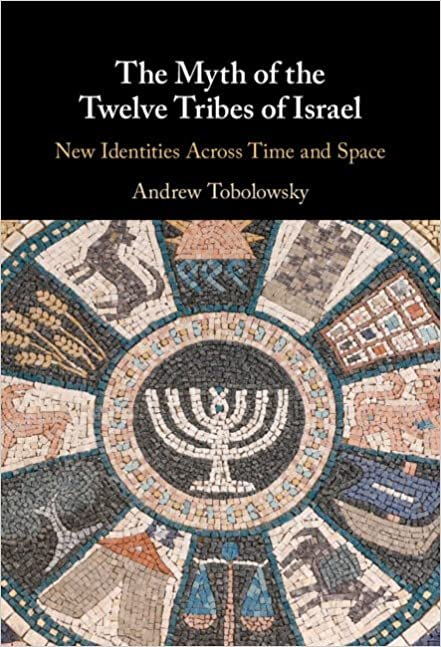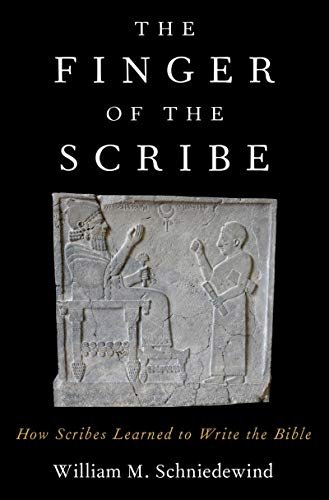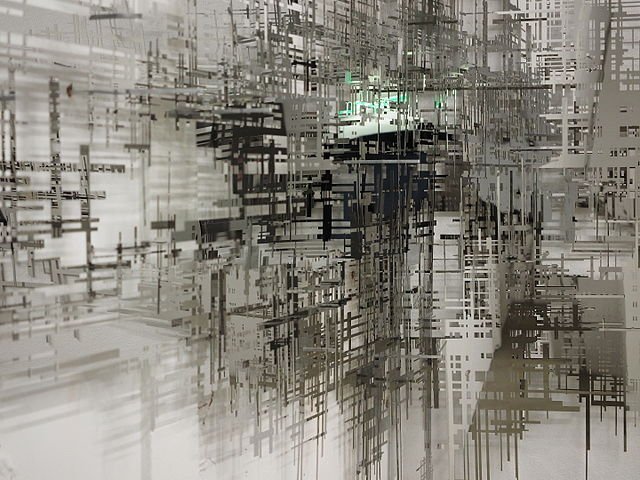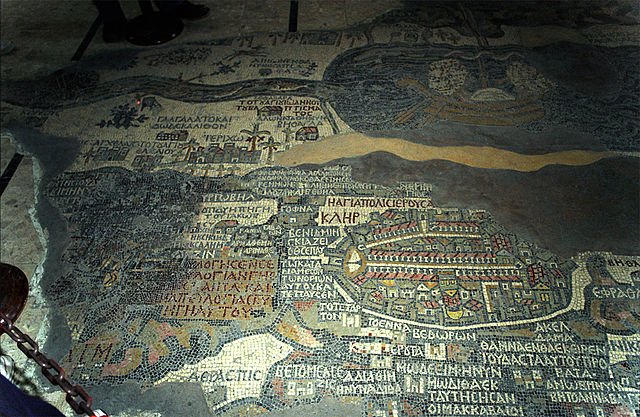Saint Catherine's Monastery
“This distinctively theological Christian supersessionism is just one iteration of a larger historiographical structure: one that involves claims to be the legitimate ‘heirs’ and best caretakers of a tradition, alongside the grudging and anxious awareness that the survival or access to that past is dependent on ‘someone else.’”
Read More


















